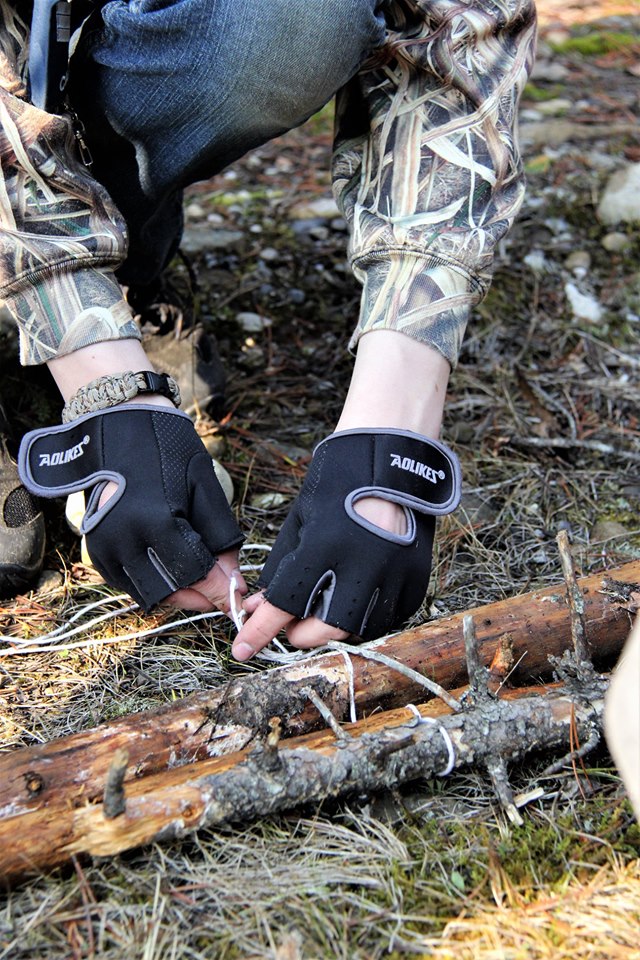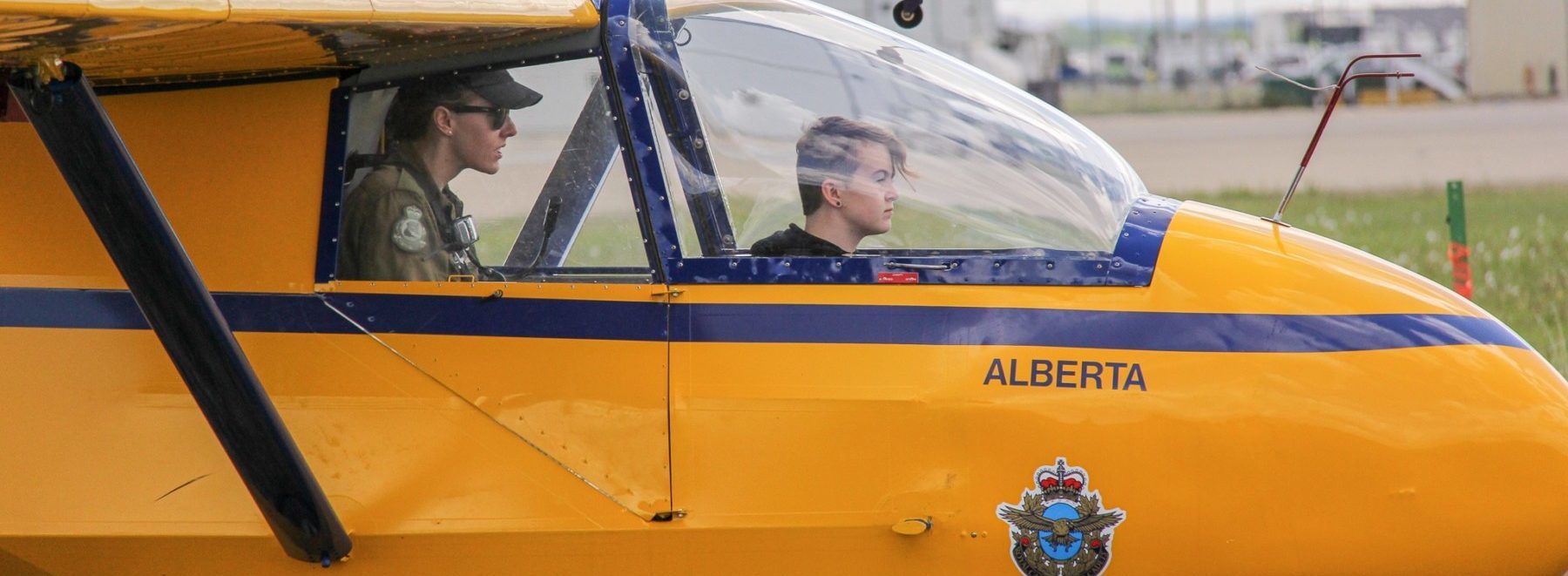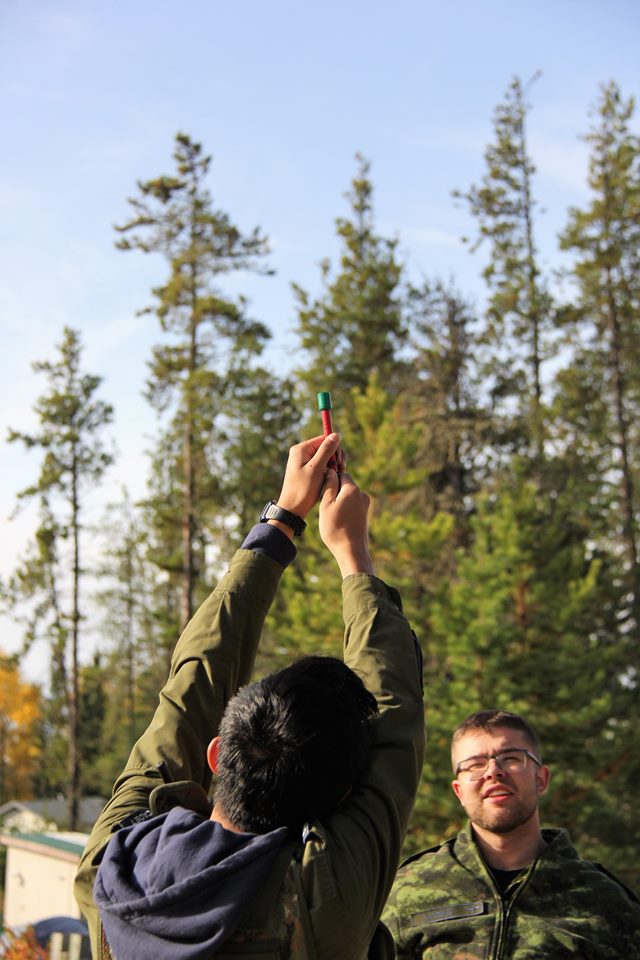Training
About our Training

Royal Canadian Air Cadets participate in a nationally-directed curriculum which aims to develop cadets in attributes of good citizenship, leadership, physical fitness and to grow an interest in the Royal Canadian Air Force and Aviation. Training is delivered at the Squadron-level, and complemented through regionally directed activities, and summer training courses which are offered at Cadet Training Centres throughout the country.

Mandatory training
Optional Training
Two Main training Components
Mandatory training: Weekly training nights on Tuesdays, and a number of weekend exercises trhoughout the year. This also includes some regional training activities throughout the year.
Optional Training: Extracurricular teams such as Band, Drill team, Marksmanship, Survivair, Biathlon, Ground School, Effective Speaking, and Drone operation.
The Air Cadet mandatory training program, formally known as the proficiency level program, is carried out at the Squadron, which allows cadets to learn the appropriate knowledge and practice the skills necessary to achieve the cadet program participant outcomes. The proficiency level program is based on 30 training sessions (on Tuesday evenings) and a combination of weekend activities. The program is divided into five proficiency levels, with each level typically following years in the program.
Training Levels

Each training level provides cadets with training in: citizenship, community service, leadership, physical fitness, marksmanship, cadet knowledge, drill and ceremonial, radio communication, aviation, aerospace, aerodrome operations, aircraft maintenance and survival.
Cadets in levels 3 and 4 receive training in instructional techniques, preparing them to take on the position of instructor at the Squadron.
Senior cadets are the principle instructors for the lessons taught in the cadet program. The Squadron adult staff coach and mentor the instructors in order to develop them to a suitable level.